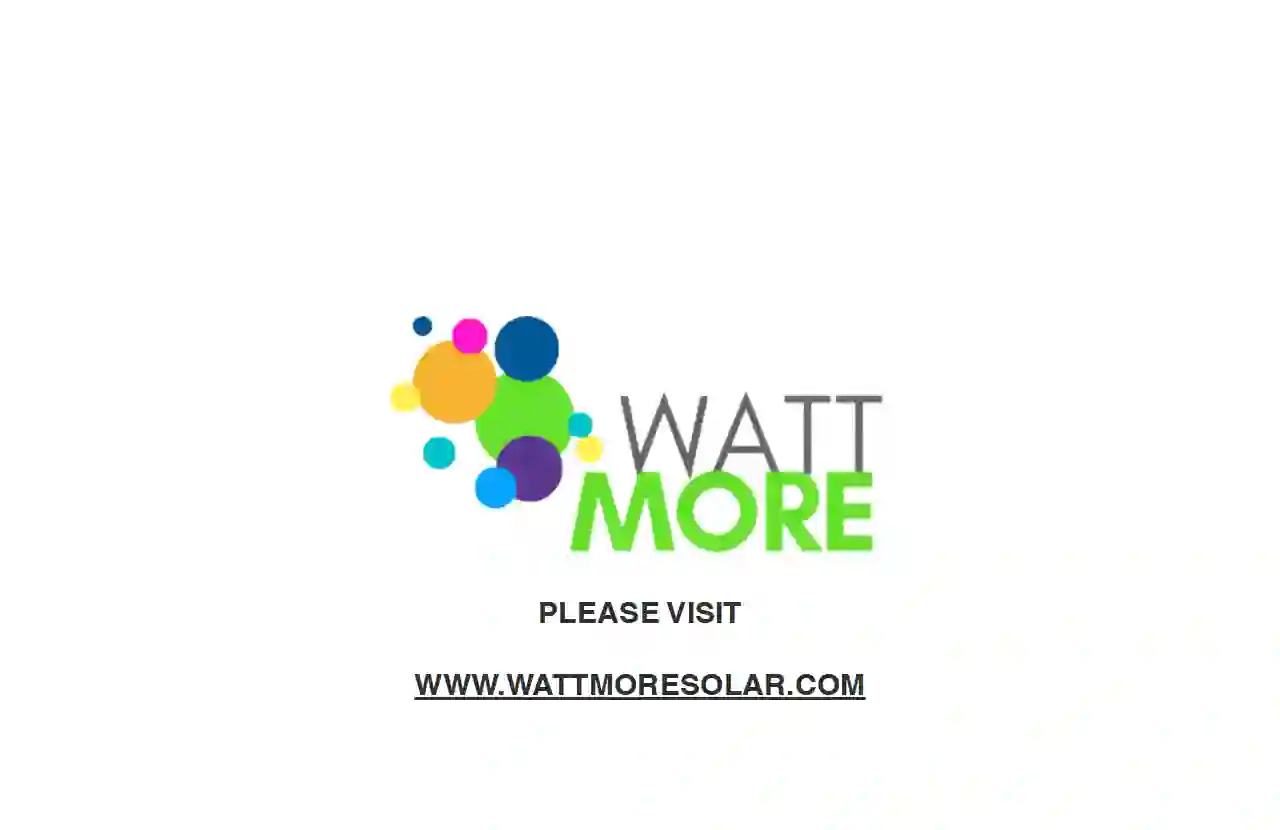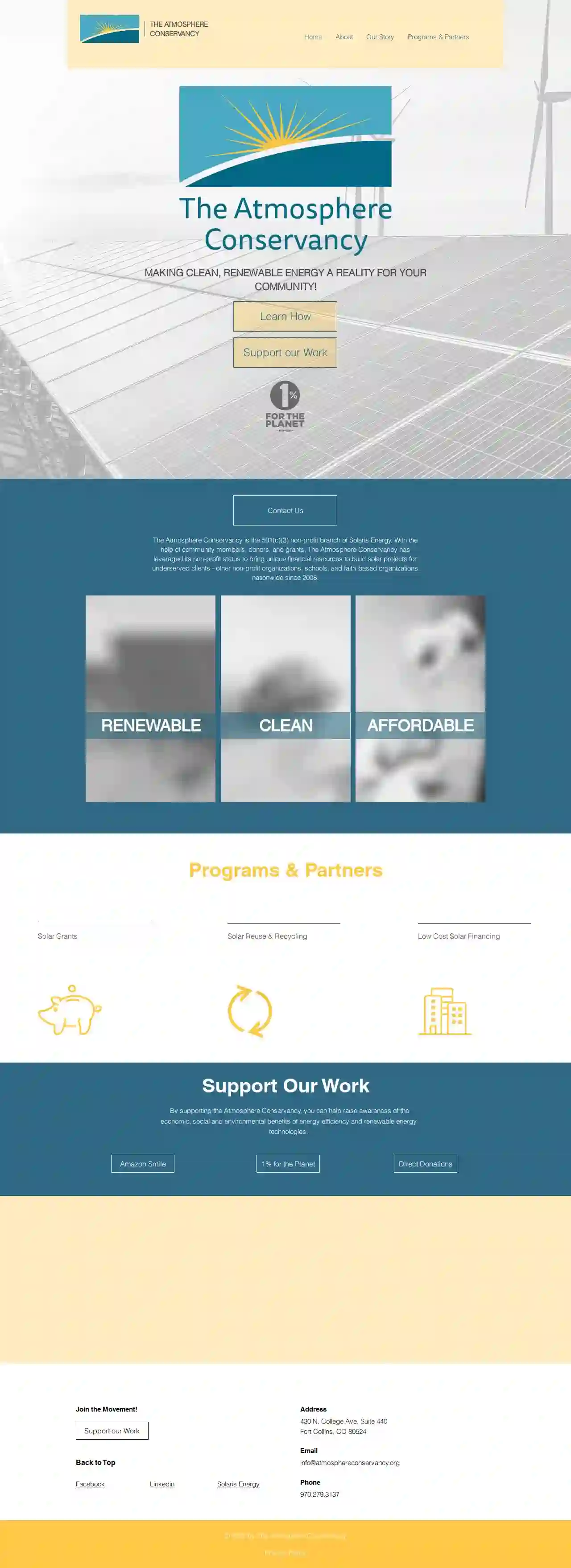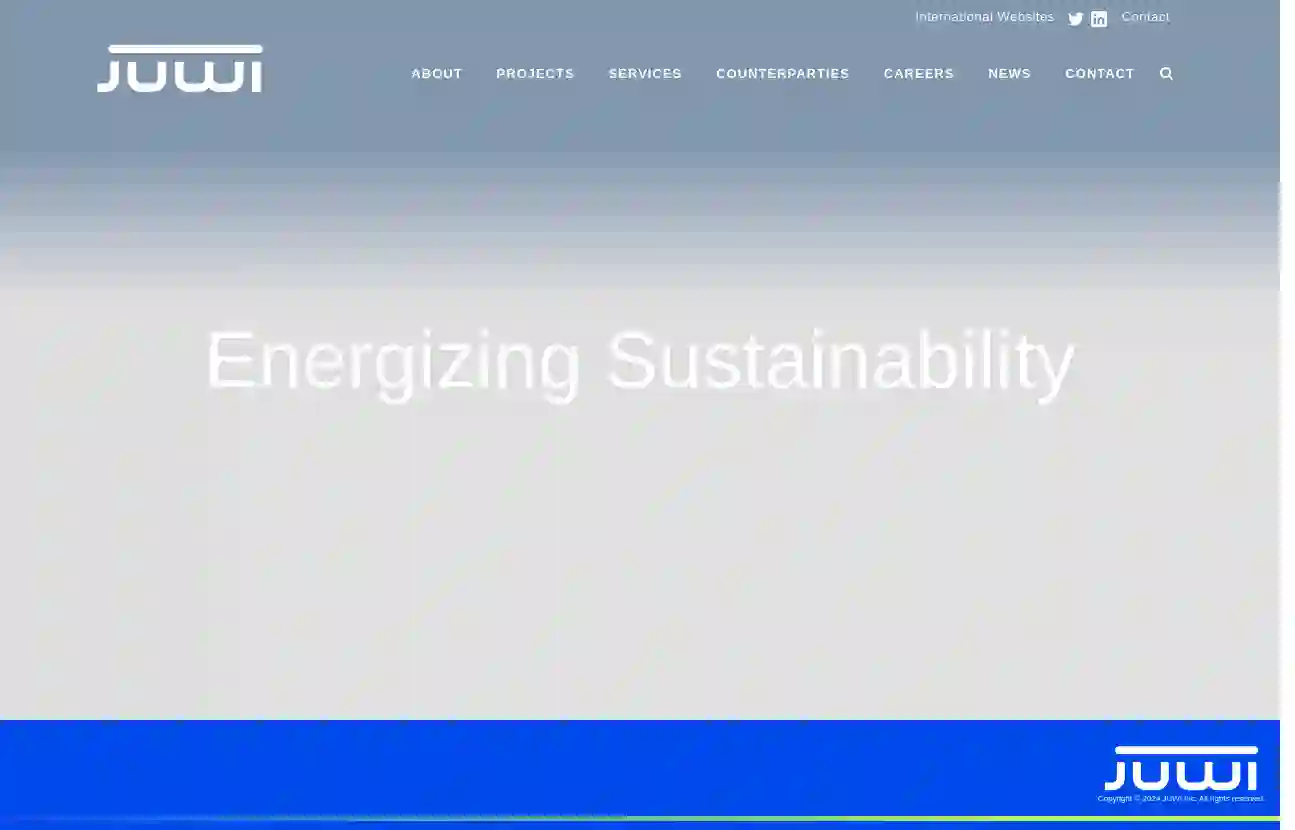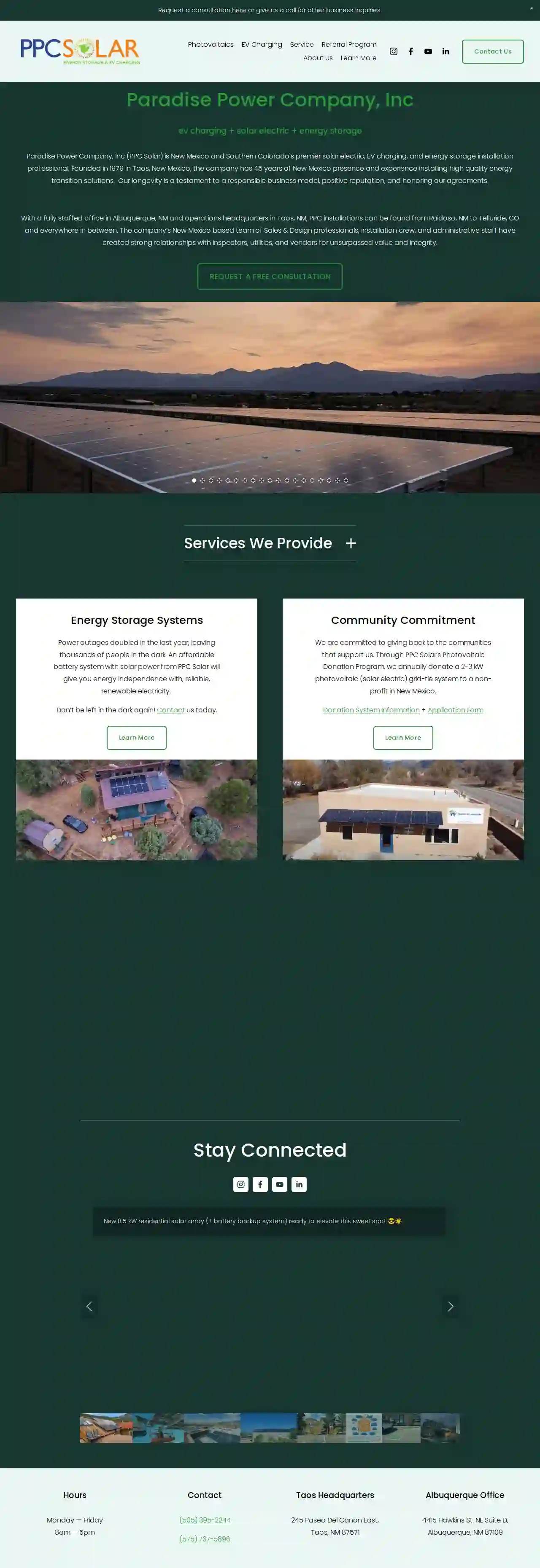Solar Installers Louisville
Top Solar Energy Company in Louisville
Get up to 3 Solar Installers quotes for your project today! Compare profiles, reviews, accreditations, portfolio, etc... and choose the best offer.

REenergizeCO - Denver Insulation & Solar Company
4.9107 reviews1805 E 58th Ave unit k, Denver, 80216, USREenergizeCO is a Colorado-based company that specializes in providing energy audits, solar energy, and home insulation services. They aim to help homeowners improve their energy efficiency, reduce costs, and enhance comfort in their homes. As an approved contractor for Xcel Energy and county-funded programs, REenergizeCO assists homeowners in identifying smart efficiency upgrades and installing insulation for cash rebates and incentives. Their process involves testing, tightening, and designing/building energy-efficient solutions tailored to each customer's specific needs and goals.
- Services
- Why Us?
- Accreditations
- Our Team
- Testimonials
- Gallery
Get Quote
Because Solar
52 reviews123 Solar Way, Beverly Hills, 90210, USBecause Solar is a leading provider of solar energy solutions, dedicated to helping individuals and businesses harness the power of the sun to reduce their energy costs and carbon footprint. With a strong commitment to quality, reliability, and customer satisfaction, Because Solar offers a range of services including solar panel installation, maintenance, and repair. Their team of experienced professionals ensures that every project meets the highest standards of excellence.
- Services
- Why Us?
- Accreditations
- Our Team
- Testimonials
- Gallery
Get Quote
REenergizeCO - Fort Collins Insulation & Solar
55 reviews1805 E 58th Ave unit k, Denver, 80216, USREenergizeCO is a Colorado-based company that specializes in providing energy audits, solar power, and home insulation services. They aim to help homeowners improve their energy efficiency, reduce costs, and add value to their homes through their comprehensive services. As an approved contractor for Xcel Energy and county-funded programs, REenergizeCO assists homeowners in identifying smart efficiency upgrades and installing insulation for cash rebates and incentives. Their process involves testing, tightening, and designing/building energy-efficient solutions tailored to each customer's specific needs and goals.
- Services
- Why Us?
- Accreditations
- Our Team
- Testimonials
- Gallery
Get Quote
Shaw Solar of Durango
4.935 reviews877 E. 3rd Street, Durango, 81301, USShaw Solar is the #1 solar & energy storage contractor in Southwest Colorado. We design, install and maintain everything you need for energy independence, and do it with matchless expertise and customer service. We are locals serving locals, and would love to earn your business!
- Services
- Why Us?
- Accreditations
- Our Team
- Testimonials
- Gallery
Get Quote
Alt E Wind & Solar, Ltd.
4.932 reviews734 Elk Ranch Ln, Fort Collins, 80524, USAlt E Wind & Solar is a locally established and privately owned Colorado solar company dedicated to providing an outstanding value proposition for those seeking solar panel installations for renewable solar energy for their residential or commercial space. Our solar installers in Colorado aim to find the optimal solar panel solution for your particular situation at the best possible value.
- Services
- Why Us?
- Accreditations
- Our Team
- Testimonials
- Gallery
Get Quote
Impact Energy Solar Installation Colorado Springs
32 reviews7334 S Alton Way Unit 14J, Centennial, 80112, USImpact Energy is a locally owned and operated solar installation company based in Colorado Springs, Colorado. With over 50 years of combined solar experience, the company has a great track record with thousands of customers and a reputation among local utility companies, building permit officials, and electrical inspectors. Impact Energy offers a range of services including commercial solar, residential solar, roofing, solar backup batteries, EV chargers, and ground mounted solar. The company also provides financing options and incentives for customers looking to switch to solar energy.
- Services
- Why Us?
- Accreditations
- Our Team
- Testimonials
- Gallery
Get Quote
The Atmosphere Conservancy
430 N. College Ave. Suite 440, Fort Collins, 80524, USThe Atmosphere Conservancy is a 501(c)(3) non-profit branch of Solaris Energy, focusing on renewable energy to disengage from fossil fuels and renew communities. By leveraging non-profit status, they bring unique financial resources to build solar projects for underserved clients, including non-profit organizations, schools, and faith-based organizations nationwide since 2008. Their mission is to make clean, renewable energy a reality for communities, focusing on renewable, clean, and affordable energy.
- Services
- Why Us?
- Accreditations
- Our Team
- Testimonials
- Gallery
Get Quote
Juwi Solar Inc
52 reviews1710 29th Street, Suite 1068, Boulder, Colorado, 80301, USjuwi Inc. is a privately-held solar energy generation company based in Boulder, Colorado. juwi is majority-owned by juwi AG of Germany.
- Services
- Why Us?
- Gallery
Get Quote
Flatiron Solar
510 reviews4721 Oxford Road, Longmont, 80503, USFlatiron Solar is the leader in solar energy services in the Boulder area. We have made a name for ourselves with our first-class workmanship and complete customer satisfaction. Our commitment is to bring you solar energy on time and on budget. Now is the time to install a solar electric or solar hot water system!
- Services
- Why Us?
- Accreditations
- Our Team
- Testimonials
- Gallery
Get Quote
PPC Solar
Taos, NM, 245 Paseo Del Cañon East, 87571, USParadise Power Company, Inc (PPC Solar) is New Mexico and Southern Colorado's premier solar electric, EV charging, and energy storage installation professional. Founded in 1979 in Taos, New Mexico, the company has 45 years of New Mexico presence and experience installing high quality energy transition solutions.
- Services
- Why Us?
- Accreditations
- Our Team
- Testimonials
- Gallery
Get Quote
Over 4,210+ Solar Businesses on our directory
Our solar experts operate in Louisville and surroundings!
SolarCompaniesHub has curated and vetted Top Solar Businesses near Louisville. Find a reliable business today.
Frequently Asked Questions About Solar Installers
- Adequate Sunlight: Unobstructed sunlight for a significant portion of the day.
- Sufficient Space: Enough space to accommodate the desired number of panels.
- Structural Integrity: A strong roof structure capable of supporting the weight of the panels.
- Appropriate Orientation and Tilt: Ideally, the roof should face south (in the Northern Hemisphere) or north (in the Southern Hemisphere) with a tilt angle close to the latitude of your location. However, other orientations and tilts can still be effective.
- Use a Directory Like SolarCompaniesHub: We connect you with pre-screened, qualified solar installers in your area.
- Check Online Reviews: Look for positive reviews on Google, Yelp, and other reputable sources.
- Ask for Referrals: Get recommendations from friends, family, or neighbors who have gone solar.
- Verify Credentials: Ensure the installer is licensed, insured, and certified by reputable organizations (e.g., NABCEP in the US).
- Get Multiple Quotes: Compare quotes from at least 3-4 installers to find the best value for your project.
- Ask Questions: Don't hesitate to ask installers about their experience, warranties, and the process they follow.
- System size
- Roof complexity
- Weather conditions
- Permitting and inspections
- Installer's schedule
How do solar panels work?
How do I know if my roof is suitable for solar panels?
How do I find a good solar installer near me?
How long does it take to install solar panels?
How do solar panels work?
How do I know if my roof is suitable for solar panels?
- Adequate Sunlight: Unobstructed sunlight for a significant portion of the day.
- Sufficient Space: Enough space to accommodate the desired number of panels.
- Structural Integrity: A strong roof structure capable of supporting the weight of the panels.
- Appropriate Orientation and Tilt: Ideally, the roof should face south (in the Northern Hemisphere) or north (in the Southern Hemisphere) with a tilt angle close to the latitude of your location. However, other orientations and tilts can still be effective.
How do I find a good solar installer near me?
- Use a Directory Like SolarCompaniesHub: We connect you with pre-screened, qualified solar installers in your area.
- Check Online Reviews: Look for positive reviews on Google, Yelp, and other reputable sources.
- Ask for Referrals: Get recommendations from friends, family, or neighbors who have gone solar.
- Verify Credentials: Ensure the installer is licensed, insured, and certified by reputable organizations (e.g., NABCEP in the US).
- Get Multiple Quotes: Compare quotes from at least 3-4 installers to find the best value for your project.
- Ask Questions: Don't hesitate to ask installers about their experience, warranties, and the process they follow.
How long does it take to install solar panels?
- System size
- Roof complexity
- Weather conditions
- Permitting and inspections
- Installer's schedule